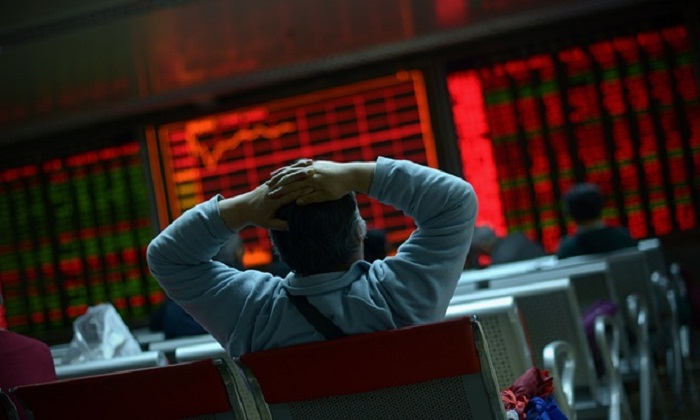Crude oil prices steady in thin Asian trading

Traders said liquidity was low due to the Lunar New Year holiday which will last for most of next week.
Oil prices have been extremely volatile since the start of the year, and in particular this week, as a string of bullish indicators like a slump in the dollar .DXY and potential talks on output cuts clashed with bearish reports of record U.S. crude inventories, higher output and a slowing global economy.
Investment bank Jefferies said on Friday that U.S. crude prices had traded within a 19 percent band over the last week and with inter-day moves approaching 11 percent.
"We expect that volatility could remain elevated especially on upward moves from short covering; net length in WTI is at its lowest level since 08/01/2013 implying a large short position," Jefferies said.
BMI Research, a unit of rating agency Fitch Group, said that "bloated crude inventories in the U.S. pose rising risk to WTI" and that "a continued build in storage over the coming six to eight weeks could collapse the price of WTI, driving a sharp reopening of the spread to Brent."
U.S. crude inventories USOILC=ECI climbed 7.8 million barrels in the week to Jan. 29 to 502.7 million barrels. Gasoline inventories USOILG=ECI rose to a record high, soaring 5.9 million barrels to 254.4 million barrels.
Brimming storage is contributing to an overall bearish market outlook as long as major producers don`t reach an agreement on output, with China`s economic slowdown now showing signs of spreading across the world.
Commodities brokerage Marex Spectron said that "the macroeconomic environment is bearish. Global industrial production, manufacturing and automotive demand indices all point towards weakening demand."
"Rebalancing will take longer, keeping prices low ... We see the low price regime persisting until 2Q17," Morgan Stanley said.















































